The United States government has donated an estimated $2 million worth of equipment to the Beninese army, including 20 Toyota LandCruiser pickup trucks, medical kits, and portable GPS systems, as part of the United States' continued efforts to strengthen relations between the two nations.
What You Need to Know
In early May, the US embassy in Benin oversaw the handing over of four fuel trucks, spare parts, and supplemental items totaling an approximate $2 million to the Beninese Armed Forces, with the US attempting to bolster the nation's security forces in the wake of its expulsion from Niger.
Its third donation in two years, with the first assault packs and first-aid kits for traumatic injuries, donated in November 2023 through the US' border security program BORSEC.
BORSEC, launched by the US in 2021, seeks to enable the Beninese Armed Forces to successfully conduct border security operations in the face of a growing militant Islamist threat in the country's north.
According to the US embassy in Benin, the BORSEC program has facilitated the training of over 700 Beninese soldiers on border security tactics such as land navigation, battle drills, patrolling, and emergency medical care.
Bordering Burkina Faso and Niger to the north, Benin has witnessed its security environment deteriorate as Islamic militants gain traction in its neighboring states.
Both the Islamic State (IS) and the Group for the Support of Islam and Muslims (JNIM), a group affiliated with Al-Qaeda, are active in northern Benin, with the nation deploying troops as part of the African Union's regional military force to combat Nigeria's Boko Haram and the Islamic State in West Africa (ISWAP), which is active in neighboring Niger.
According to the Congressional Research Service, Benin "is an emergent security partner in West Africa," with Benin a recipient of US assistance under the Global Fragility Act (GFA).
Through the State Partnership Program and in mid-July, the US's North Dakota National Guard traveled to Allada, Benin, to engage with the African nation's armed forces on counter IED best practices.
This form of engagement, labeled by Commander of the US African Command, US Marine Corps General Michael Langley, focuses on a 'partnership-centric approach' which "should be African-led and US-enabled."
So, What Now?
With the loss of its airbase in Agadez, Niger, earlier this year, the US has 'knuckled down' in coastal west Africa, with the sub-region now at threat from the Sahel's burgeoning terrorist threat.
Despite boasting strong bilateral ties with Benin for many years, these equipment donations can be seen as a US attempt to reassert itself as a key instrument in containing Islamic insurgency in the region and signal to Benin's neighbors the benefits of a US partnership, particularly as Russian and Chinese influence continues to spread across the continent.



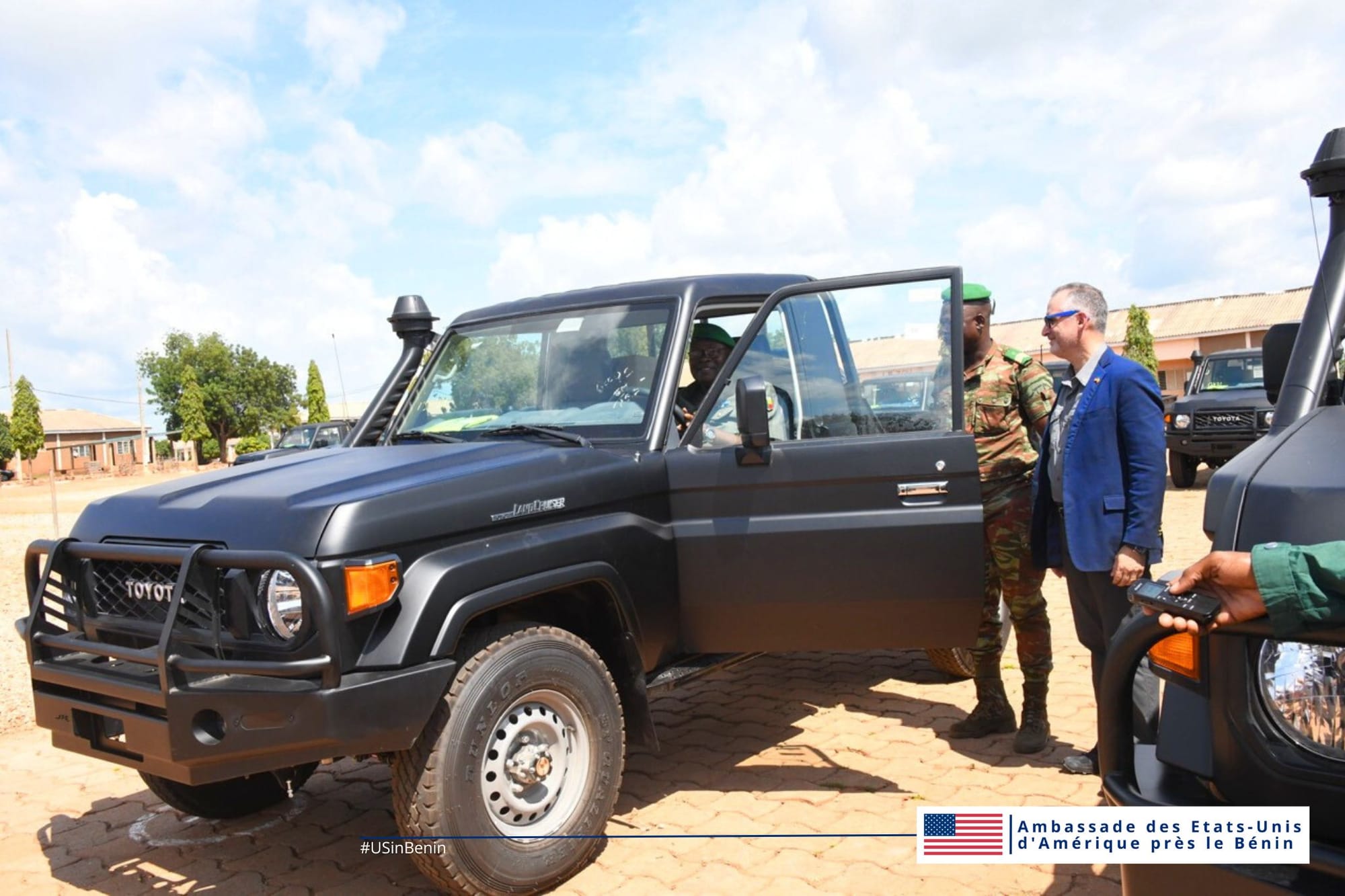



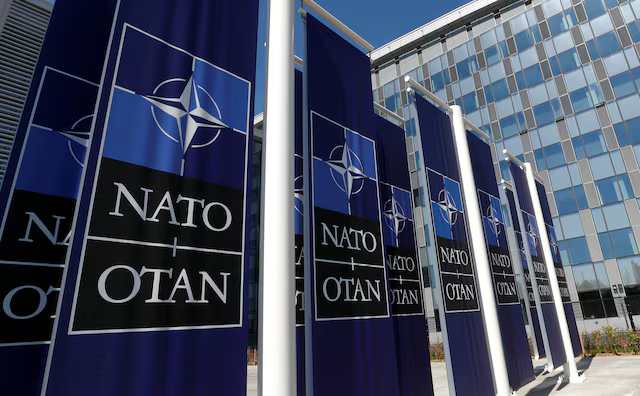



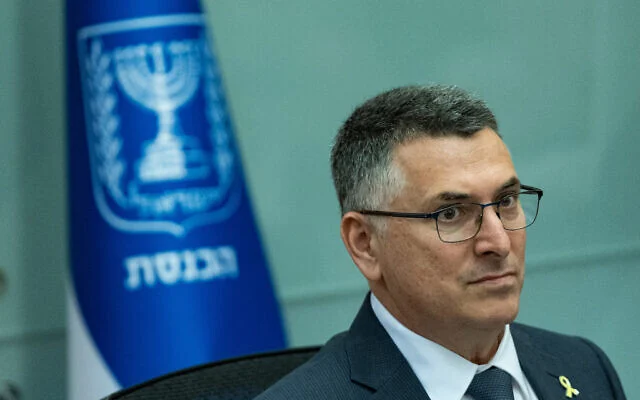
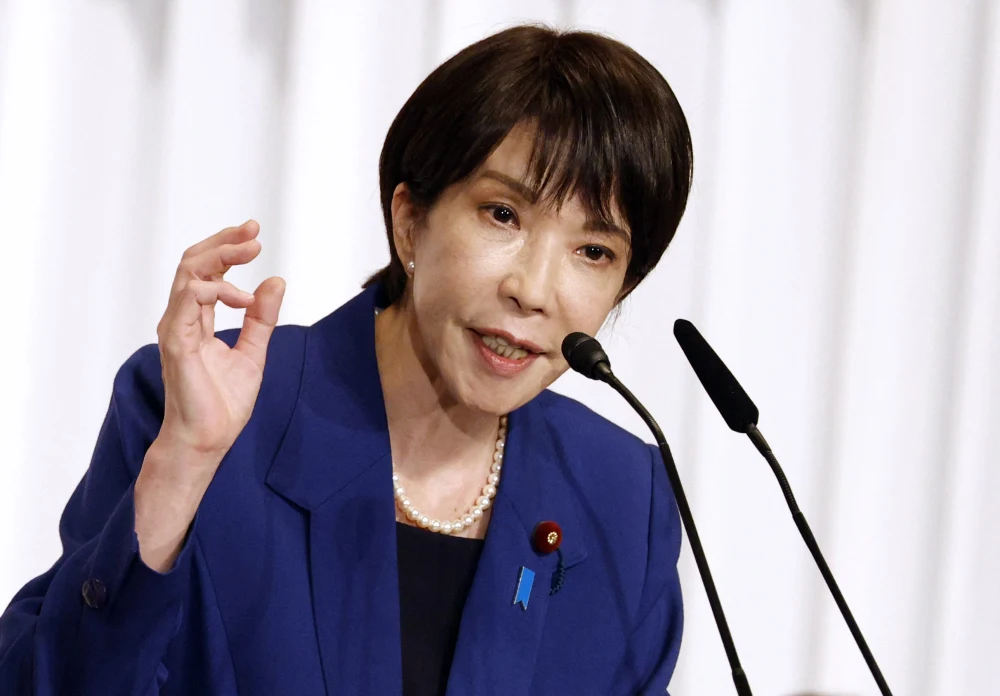
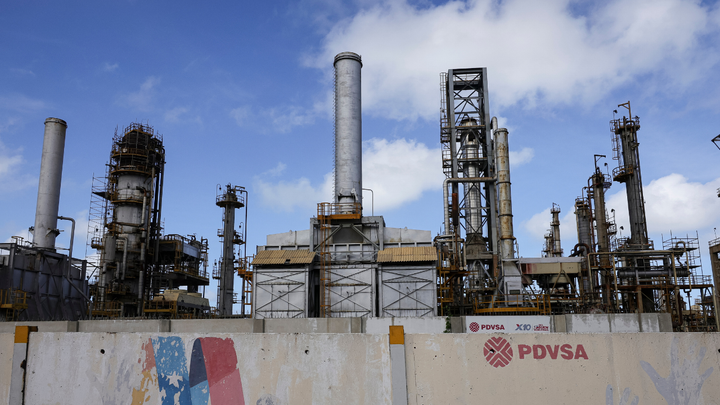

Discussion